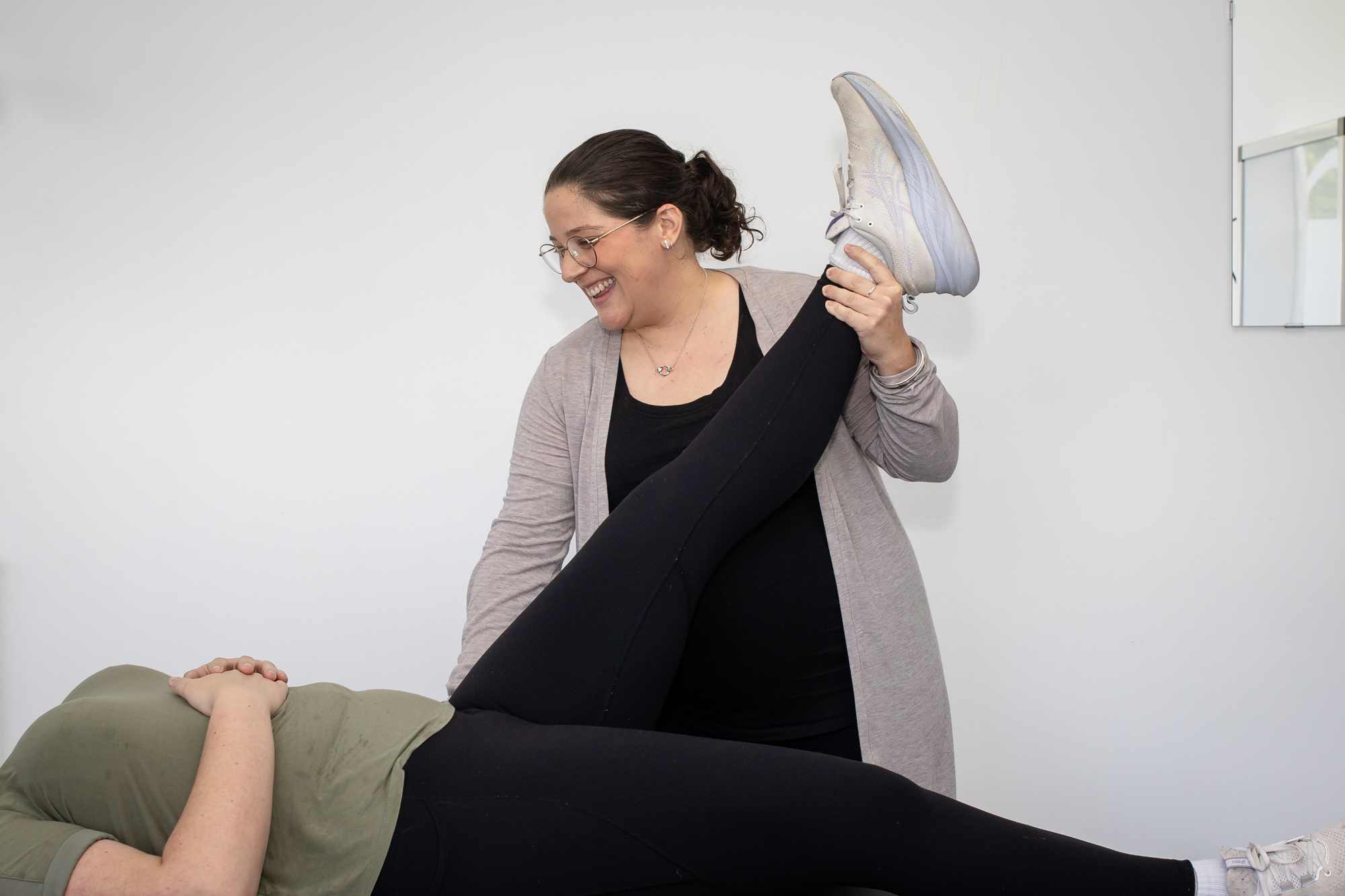When recovering from an injury or managing a chronic condition, adhering to a prescribed rehabilitation program or active care plan is crucial for long-term recovery and overall health. In Australia, rehabilitation programs designed by chiropractors, physiotherapists, or other health professionals focus on restoring function, reducing pain, and preventing future injury. Here’s why you should stay committed to your rehab or active care:
1. Promotes Faster Recovery
Rehabilitation exercises are tailored to your specific injury or condition, targeting the muscles and joints that need strengthening. By following a prescribed rehab plan, you can promote faster healing and reduce recovery time. For example, studies show that patients who consistently follow their exercise routines experience significant improvements in pain management, mobility, and overall function.
2. Prevents Recurrence of Injury
One of the primary goals of active care is to prevent future injuries by addressing underlying weaknesses or imbalances. Regular rehabilitation exercises help strengthen the muscles surrounding injured areas, improving joint stability and reducing the risk of re-injury. This is particularly important for those recovering from chronic conditions like lower back pain, which has a high recurrence rate if not properly managed.
3. Improves Long-Term Functionality
Active rehabilitation is essential for regaining full range of motion and ensuring long-term functionality. Consistent exercise improves flexibility, strength, and endurance, allowing you to return to daily activities without pain or restriction. Without proper rehab, you risk permanent limitations in movement or chronic pain.
4. Reduces Dependency on Medication
Adhering to a prescribed rehab plan can reduce or eliminate the need for pain medication. Exercise and movement trigger the body’s natural healing mechanisms, releasing endorphins and reducing inflammation, which can be more effective for pain relief than relying on medication alone. This not only improves your quality of life but also helps avoid the potential side effects of long-term medication use.
5. Supports Holistic Health
Rehabilitation and active care aren’t just about healing the injury—they focus on overall health. Active care encourages lifestyle changes such as proper posture, core strengthening, and improved ergonomics, all of which contribute to overall well-being. Chiropractors and physiotherapists often incorporate lifestyle advice into their care plans, helping you maintain good health long after the injury has healed.
6. Boosts Mental Health
Dealing with an injury can often be frustrating and emotionally draining. Staying consistent with your rehab plan can positively impact your mental health by giving you a sense of control over your recovery process. Achieving progress in your rehabilitation can boost confidence and reduce the anxiety often associated with injury and recovery.
In summary, adhering to your prescribed rehabilitation or active care plan is vital for a full recovery, injury prevention, and maintaining long-term health. It not only accelerates physical healing but also contributes to emotional well-being, giving you the best chance for a healthy, pain-free future.
For more information on rehab care and its benefits, consult a registered chiropractor or physiotherapist.

